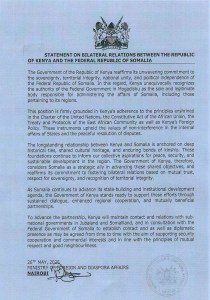SHARM EL-SHEIKH, Egypt – A U.S.-brokered ceasefire agreement for Gaza, finalized during a high-stakes international summit, has led to a major prisoner exchange, though the process has been marred by emotional turmoil and public anger in Israel.
Following a diplomatic summit in Sharm el-Sheikh, Egypt, key mediators including the United States, Egypt, and Qatar announced a breakthrough ceasefire deal. The implementation of this deal has now triggered the second phase of a planned prisoner and detainee exchange between Israel and Hamas. However, the return of the bodies of four deceased Israeli captives by Hamas has sparked significant distress and protests within Israel.
The primary figures involved are:
- Donald Trump: The U.S. President who presided over the summit and announced the agreement.
- Mediators: The leaders of Egypt and Qatar, who played a central role in brokering the deal.
- Israel and Hamas: The warring parties now engaged in the complex exchange process.
The ceasefire was brokered at a summit in Sharm el-Sheikh, Egypt. The subsequent prisoner exchange is taking place between Gaza and Israel, with the emotional fallout resonating across Israeli cities.
The agreement represents the most significant diplomatic progress since the latest conflict erupted, offering a potential pathway to de-escalation. However, the return of deceased captives is a painful reminder of the human cost of the conflict and presents a major political and emotional challenge for the Israeli government, testing public support for the ongoing ceasefire process.
The sequence of events has been emotionally charged. While the prisoner swap proceeded largely as planned, Hamas’s return of only four bodies, rather than living captives, for a negotiated number of Palestinian prisoners has ignited public outrage in Israel. This has put immediate pressure on the government, with critics questioning the terms of the deal. Despite this, U.S. officials have confirmed that the “second phase” of peace talks is now underway.
The path to this ceasefire has been fraught, following weeks of intense fighting in Gaza. The summit in Egypt was a critical effort by international powers to halt the violence. While the successful negotiation and initial implementation of the deal mark a diplomatic victory for the mediators, the angry public reaction in Israel underscores the profound complexities and raw emotions involved.
The situation remains fragile. The continuation of the ceasefire and the success of further peace talks now depend on the ability of all parties to navigate these emotional landmines and maintain the fragile consensus achieved in Sharm el-Sheikh. The world watches to see if this agreement can evolve into a more lasting peace or if it will unravel under the weight of longstanding grievances.

